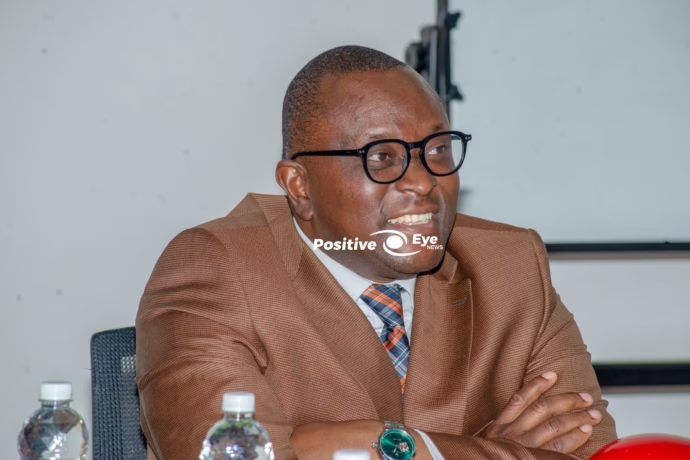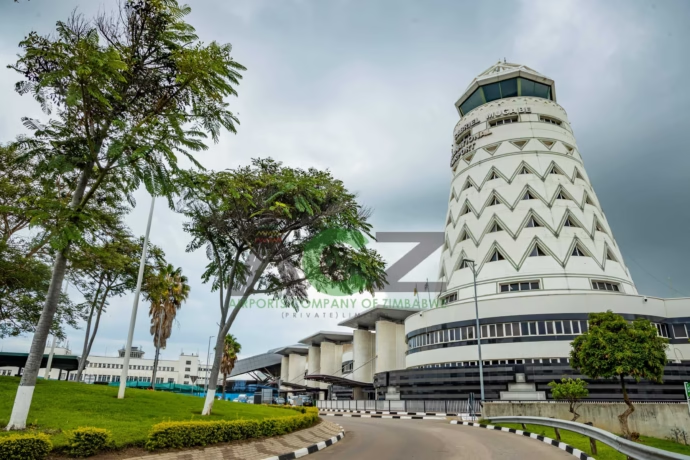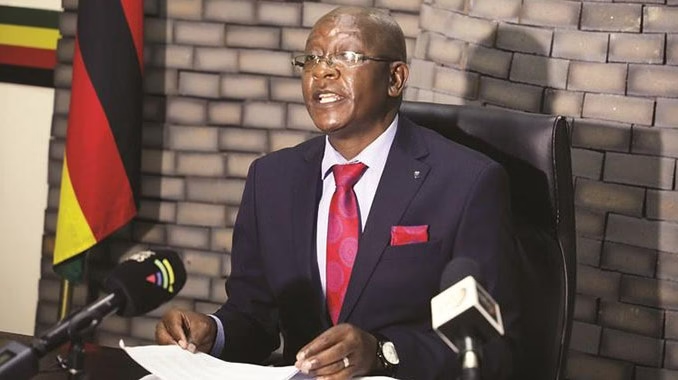
GABORONE – Botswana’s newly elected President, Duma Boko, has proposed formalizing the status of undocumented Zimbabwean workers, recognizing their significant contributions to Botswana’s economy while also addressing rising tensions caused by their undocumented status.
Speaking on the BBC Africa Daily podcast, President Boko highlighted the crucial role many Zimbabweans play in industries where local interest is limited, particularly in construction and other essential jobs
.“Many Zimbabweans are already here, doing jobs that would otherwise not get done,” President Boko stated.
However, he pointed out that because many are undocumented, their access to essential amenities is often limited, forcing them to live “outside the law,” which has led to increased resentment within the community.
President Boko proposed a “twin programme” approach, allowing Zimbabweans with valuable skills to work in Botswana legally, while also initiating skills transfer programs to benefit Botswana’s local workforce. He stressed the importance of integrating these workers properly, saying,
“In any and every construction site in Botswana, the majority of people with those skills are from Zimbabwe, so we need to do a twin programme of allowing them to come in, utilize the skills they have, and in the process of utilizing these skills, engage in some sort of skills transfer.
”Acknowledging Botswana’s pressing unemployment rate – currently nearing 30% of the 2.4 million population President Boko described the situation as a “ticking time bomb” and expressed his commitment to supporting youth entrepreneurship as part of his economic plan. He encouraged young Batswana to become entrepreneurs, positioning themselves as both self-employed and job creators, which he believes could help mitigate the country’s unemployment crisis.
President Boko’s remarks reflect a pragmatic approach to labor management and economic growth in Botswana, signaling a potential policy shift that values skills exchange and community integration.
His call for legal pathways and skills utilization offers hope for a constructive relationship with neighboring Zimbabwe while potentially easing pressures within the Botswana workforce.




